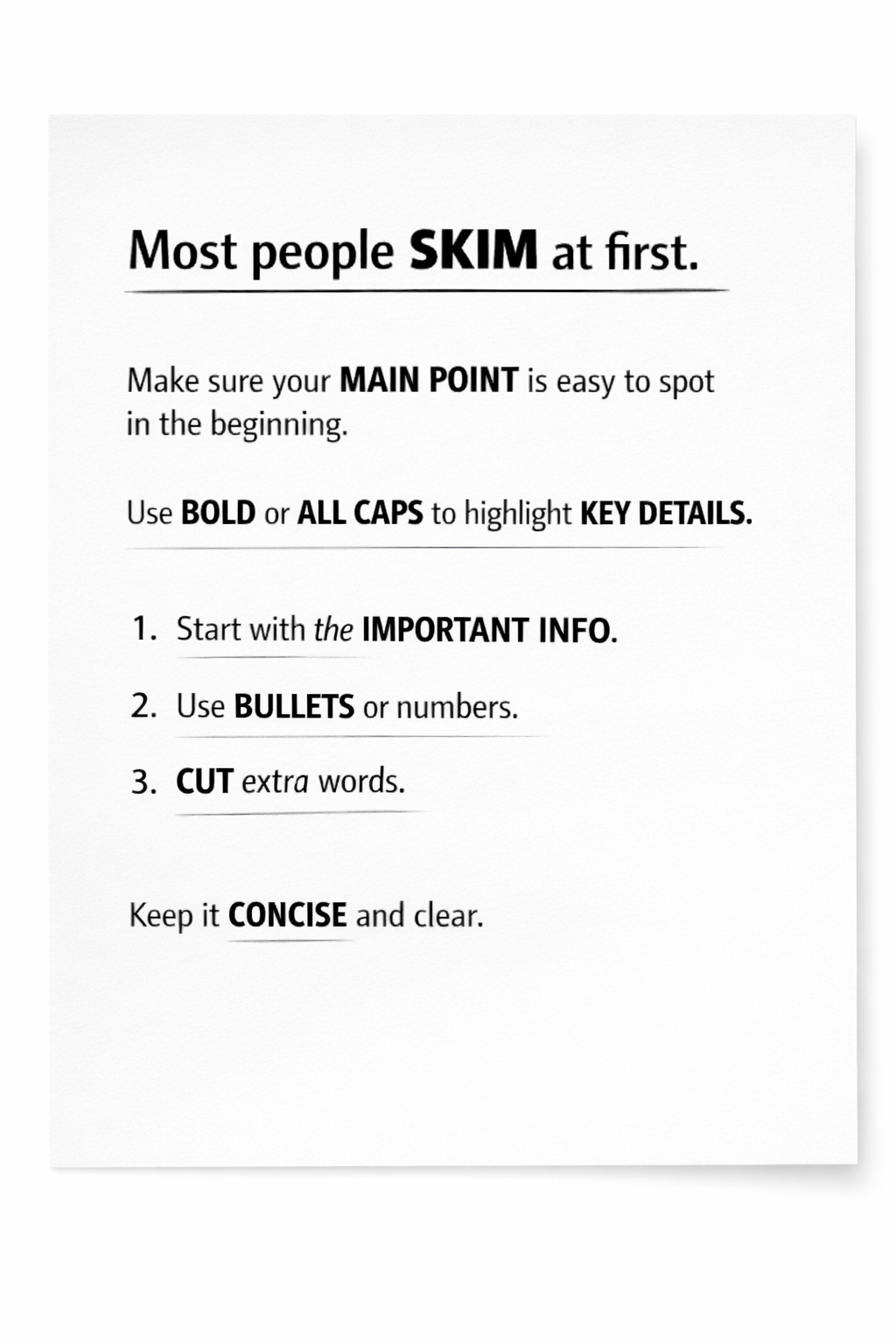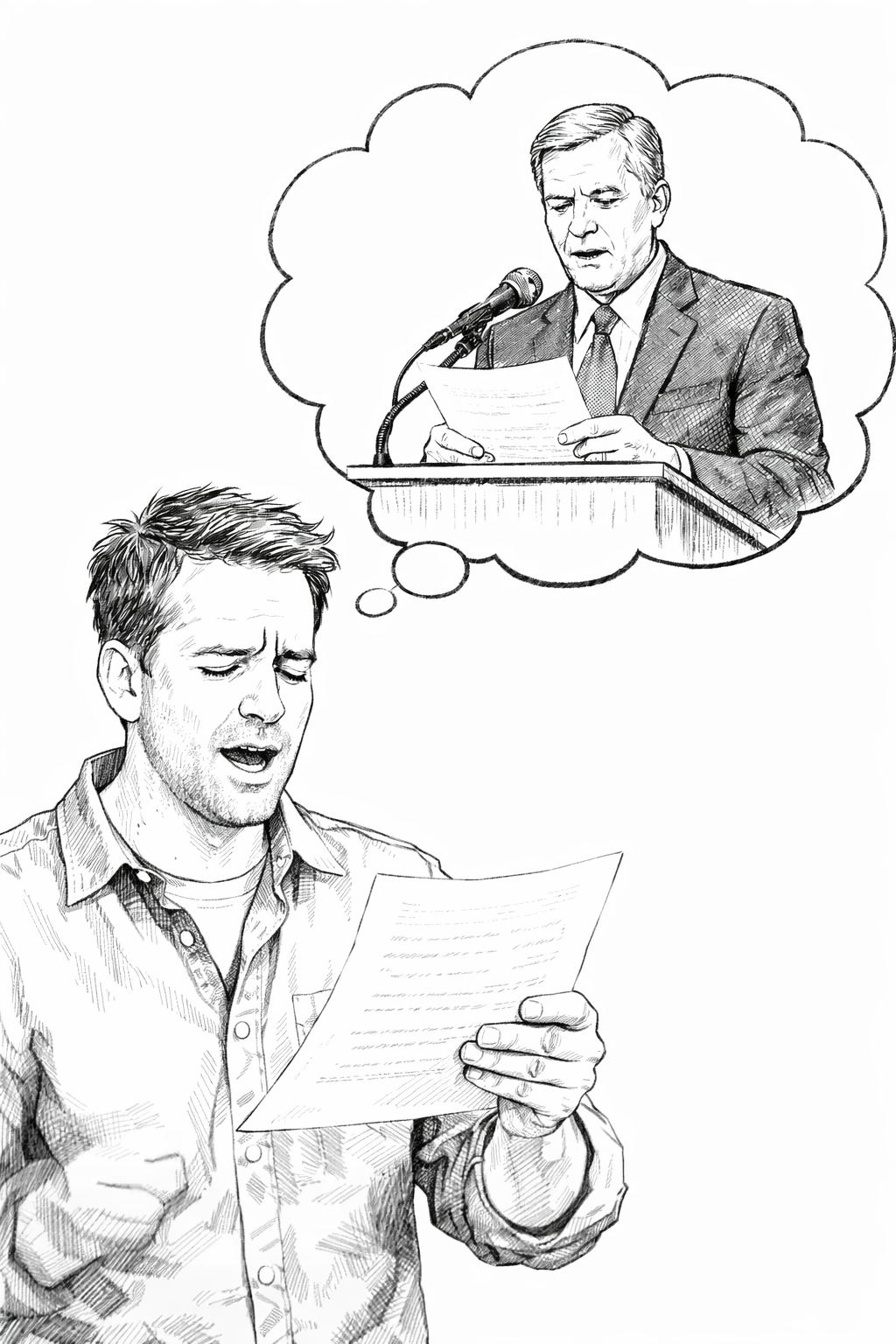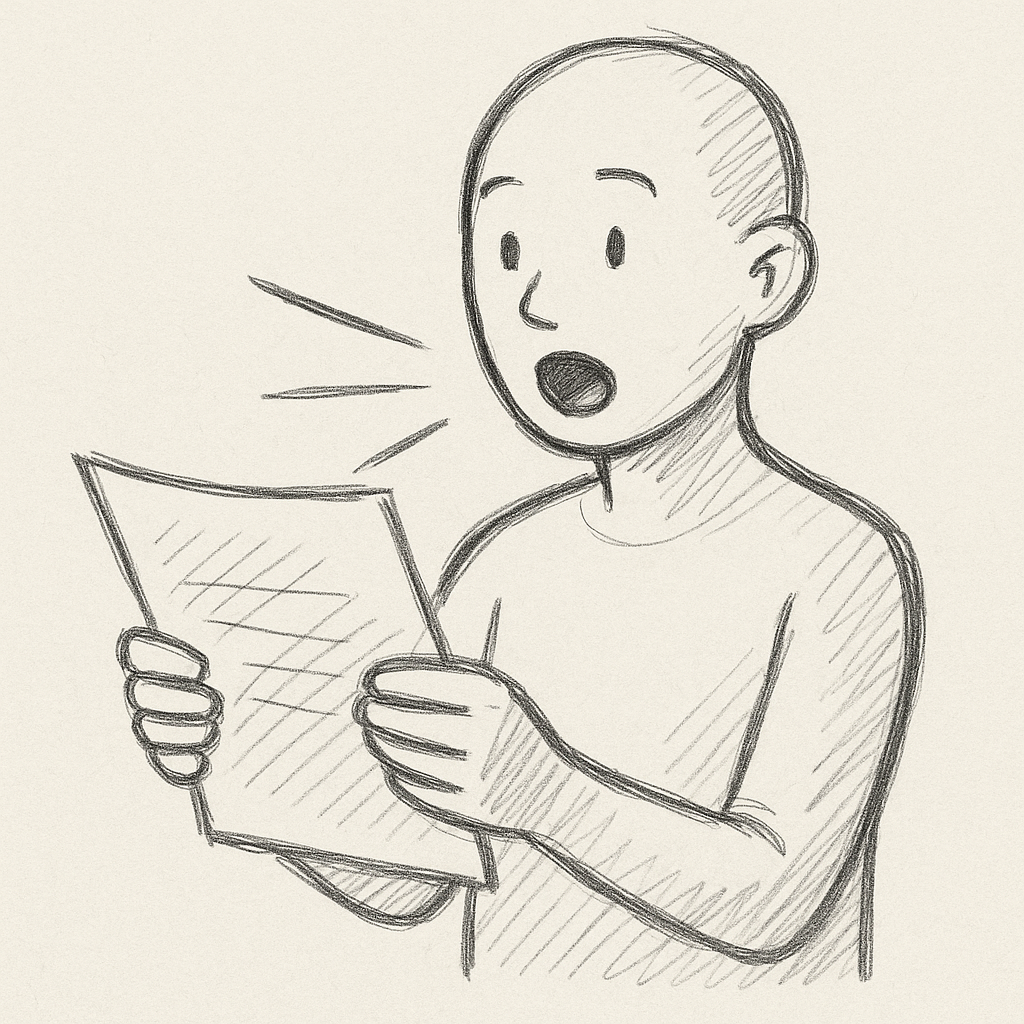Nib #38 — How to Find the Right 'Tone'
One of the most common questions I hear from young writers is about tone.
How, they ask, should a given piece of writing sound on the page? Light or grave? Breezy or direct? Informative or persuasive? Submissive or dominant?
The short answer is, “It depends.” Importantly, though, it doesn’t depend on the writer. It should depend on the writer’s audience and the writer’s goal.
Imagine you’re in a great mood one day and your phone rings, and it’s a friend telling you her dog died suddenly. The tone of your speech will immediately, unconsciously, conform to the needs of the moment. You’ll be — and sound — sympathetic, supportive, and deferential. You’ll listen rather than talk. You’ll offer to help. You’ll look out for appropriate opportunities to offer some gentle cheering up.
This is one of the thousand ways writers do well to write more like they talk. Only sociopaths have one tone. Everyone else adjusts theirs, constantly, to the communicative needs of the moment. That’s what writers should do, too.
The question to ask is not, “What tone should this composition take?” Rather, think strategically and begin with the end in mind: “What tone will most effectively win this audience on this point?”
Sometimes it will be breezy. Sometimes direct. Sometimes gentle, sometimes curt. Sometimes humorous, sometimes officious.
Just as film directors use different camera lenses to create different cinematic effects for different kinds of scenes, so writers use different tones to communicate different messages to different audiences.
If you’re ever stuck, ignore for a moment you’re writing. Take a moment and think about what you would say, and how you would say it, if your audience were right there in the room with you.
The trick is not to fixate on what you should say, but what the audience needs to hear. Write like that, and you’ll be surprised how quickly the correct tone presents itself.
Until next week… keep writing!











